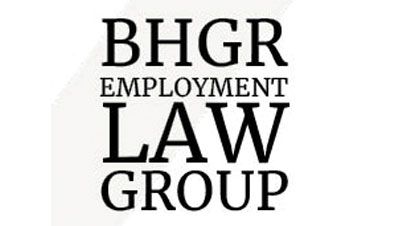We’ve got the POWR … Act [Part 1]
By BHGR Law Employment Group — Berg Hill Greenleaf Ruscitti LLP —
Effective August 7, 2023, the Protecting Opportunities and Workers’ Rights Act, also known as the POWR Act, took effect in the State of Colorado. We know it’s officially 2024, but this Act resulted in some big changes to Colorado’s employment law and how the law governs employment discrimination practices and claims, nondisclosure agreements, and employer recordkeeping, and we want to share our significant takeaways with you. Given the significance of the Act, this will be a two-part series beginning with a dive into claims.
Employment Discriminations and Unfair Work Practices and Claims:
• “Harassment” is now defined as unwelcome conduct directed at an individual or group in, or perceived to be in, a protected class, where the conduct is subjectively offensive to the individual and objectively offensive to members of the same protected class as the individual. Harassment constitutes the basis for a charge under CADA.
• Individuals no longer need to prove the creation of a hostile work environment by an employer to assert a harassment claim.
• Individuals no longer need to prove “severe” or “pervasive conduct” to establish a discriminatory or unfair employment practice.
• Marital status is now a protected class.
• Previously, an employer could legally discriminate against a disabled individual if the disability had a significant impact on the job and the employer could not accommodate the disability even if the individual was otherwise qualified for the job. POWR changes this exception. Employers may no longer assert that the individual’s disability has a significant impact on the job as a rationale for a discriminatory practice. The exception is now limited to situations in which there is no reasonable accommodation that would allow the individual to satisfy the essential functions of the job.
• If an individual meets the requirements for asserting a harassment claim, a supervisor may assert an affirmative defense to the claim, but only if the employer has a program in place designed to prevent and deter harassment and protect employees from harassment, takes prompt and reasonable action to investigate and act on claims under the program, and notifies its employees of the existence of program; but can prove the claimant failed to take advantage of the program.


![Thought Leaders: A Summary Explaining the Colorado Legislative Session – [Part 2] image](https://bizwest.com/wp-content/uploads/2024/03/BHGR_red.png)